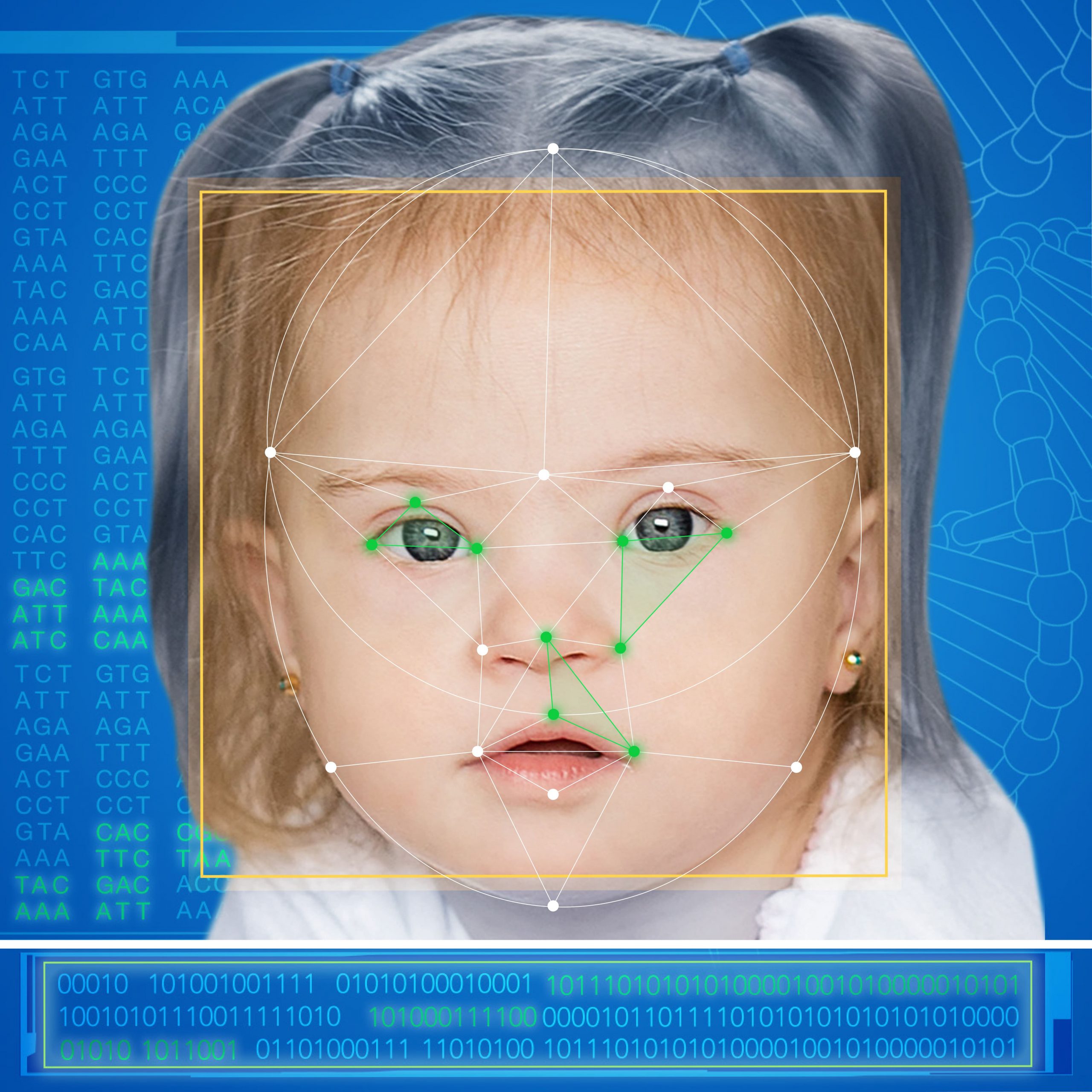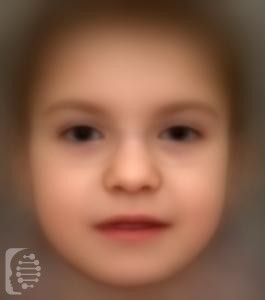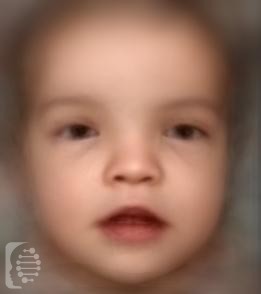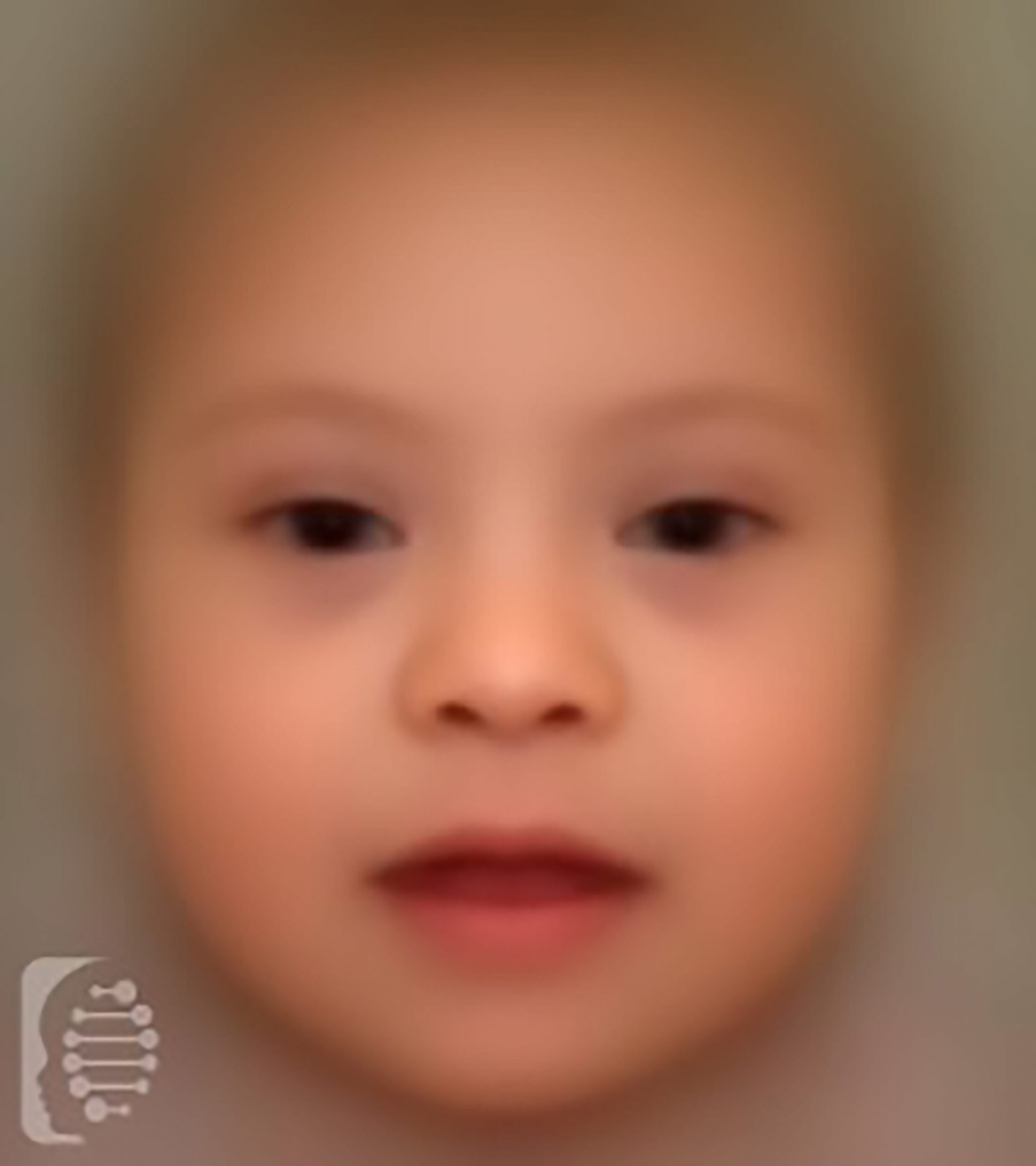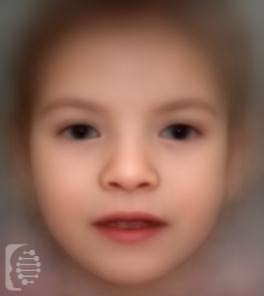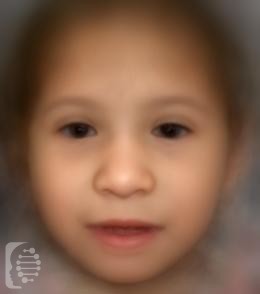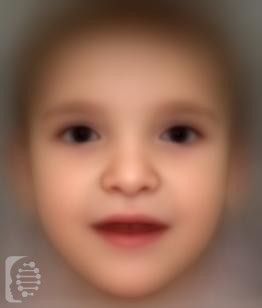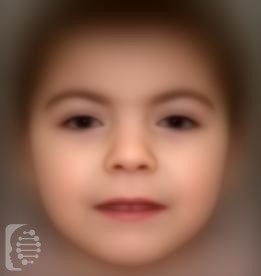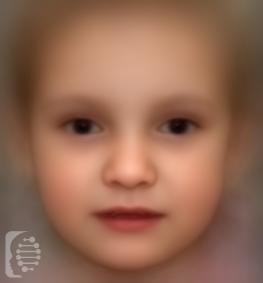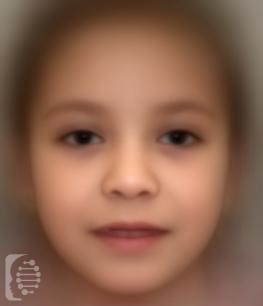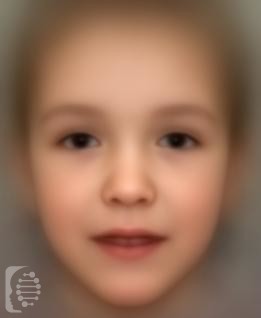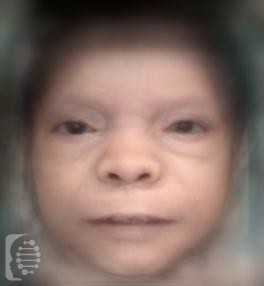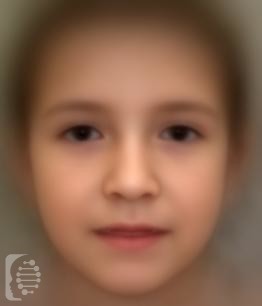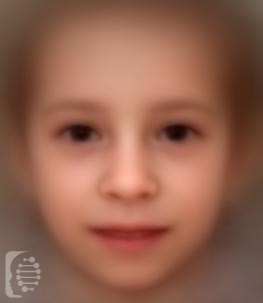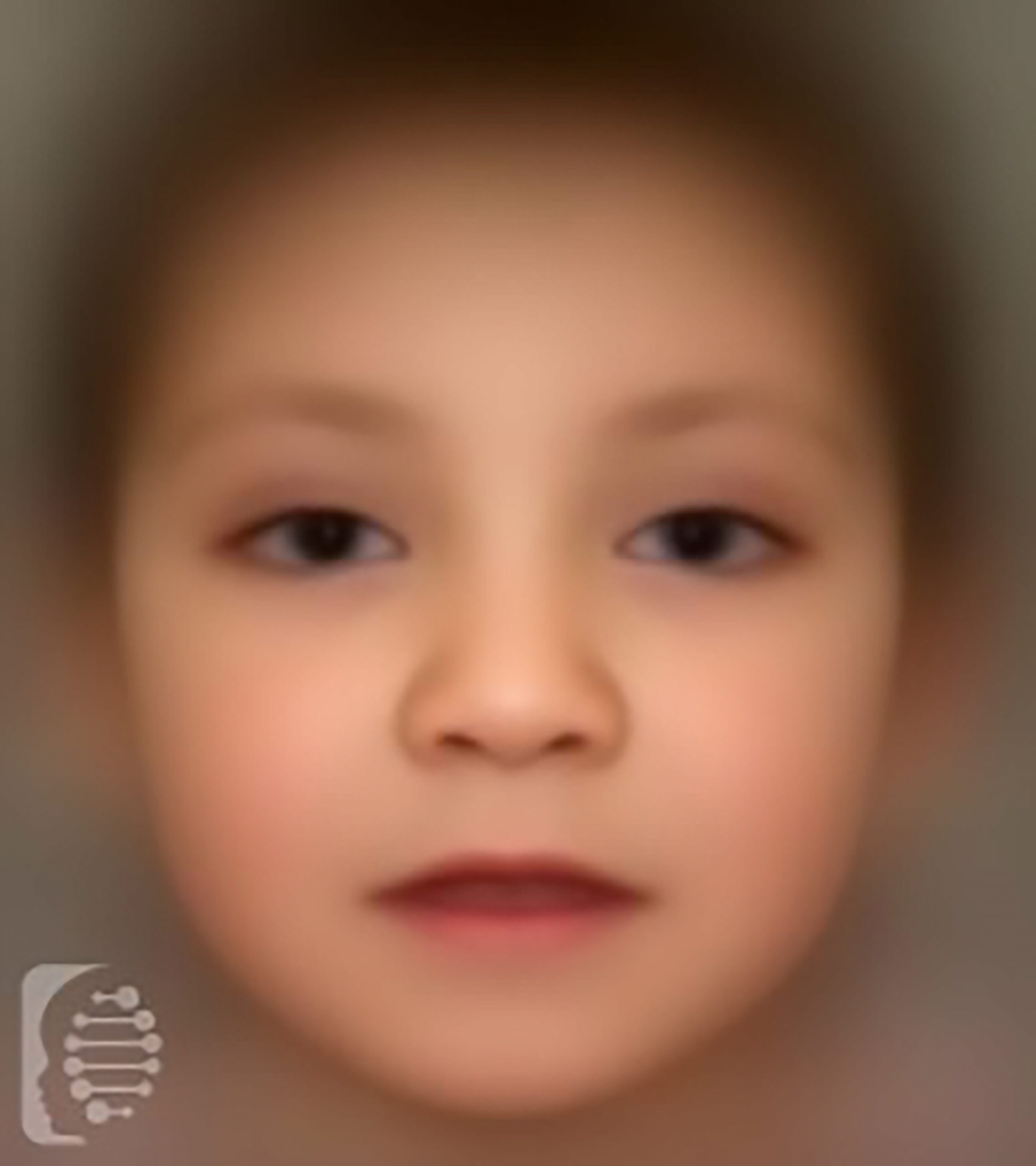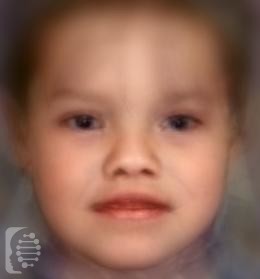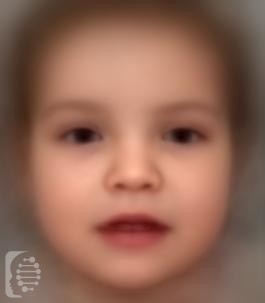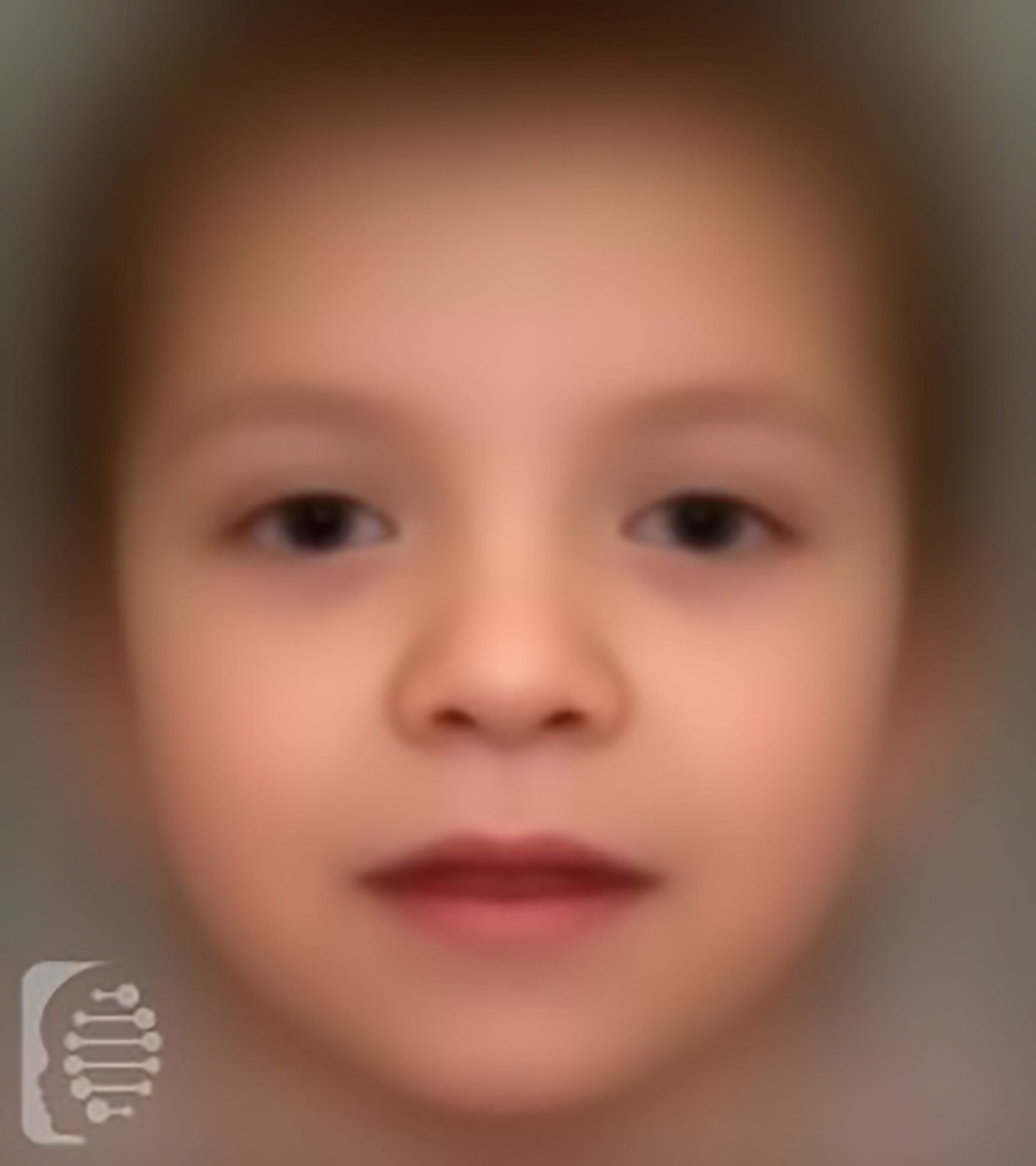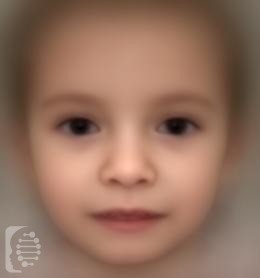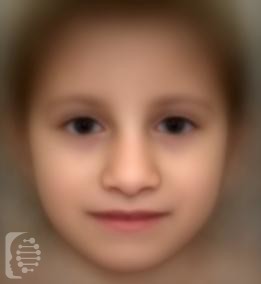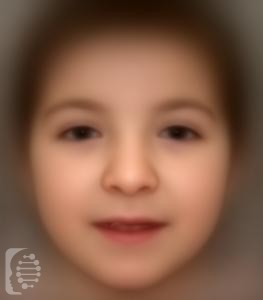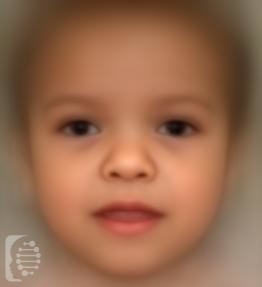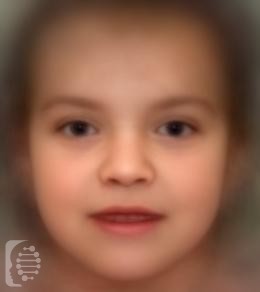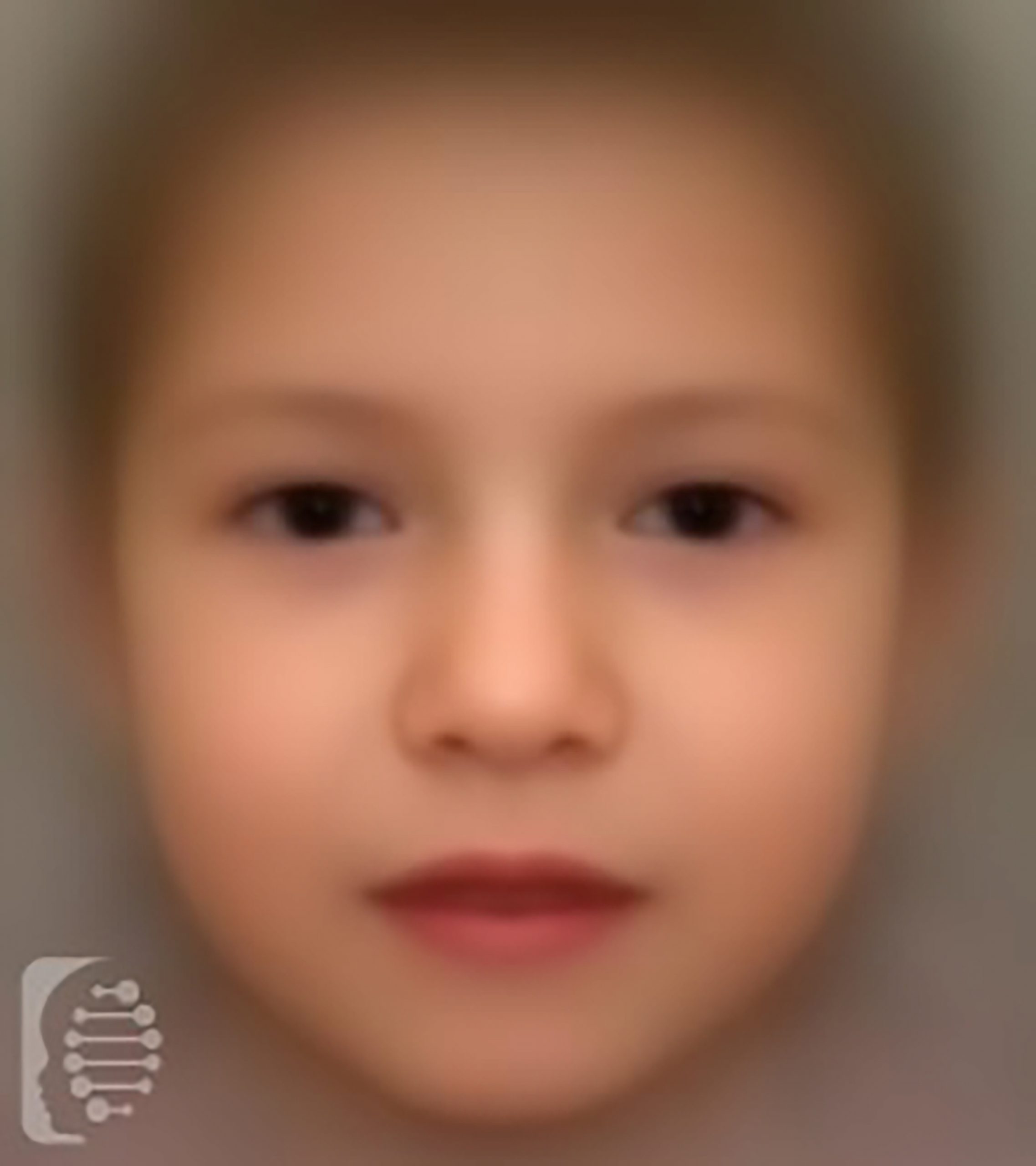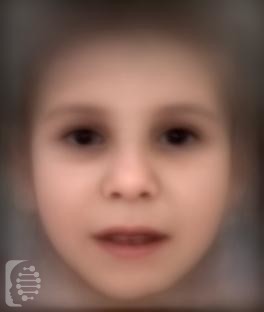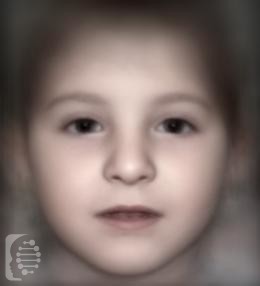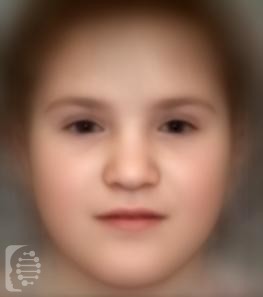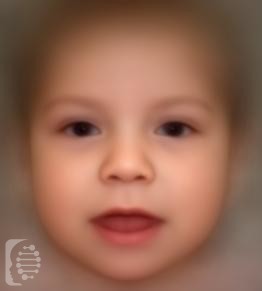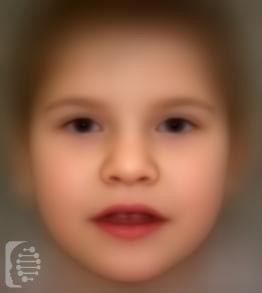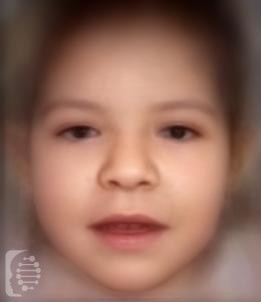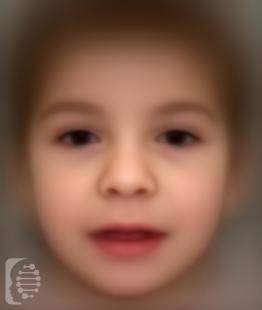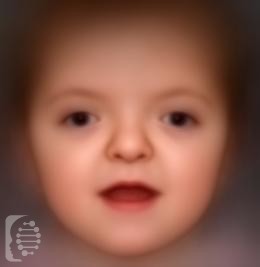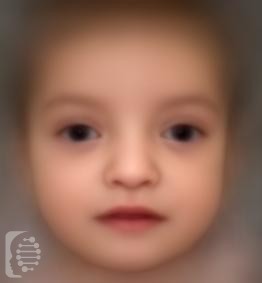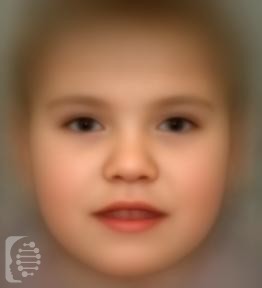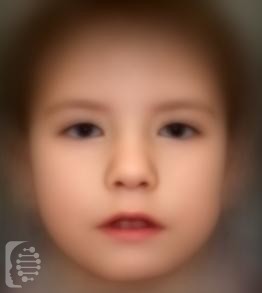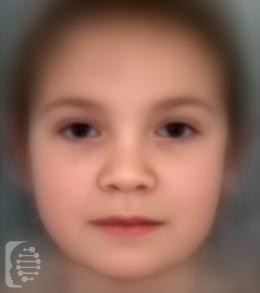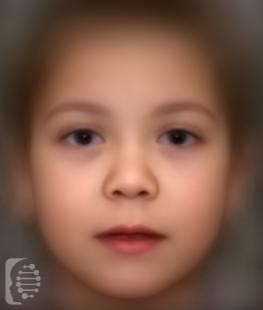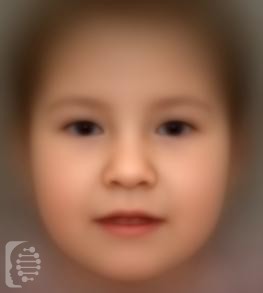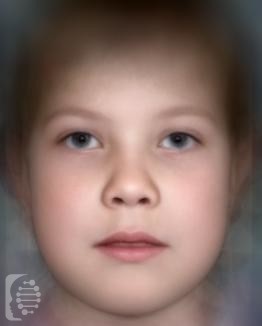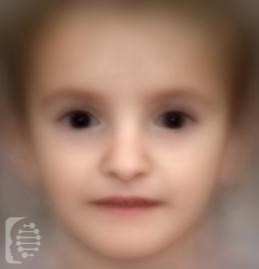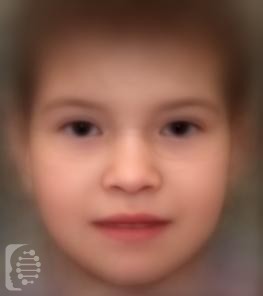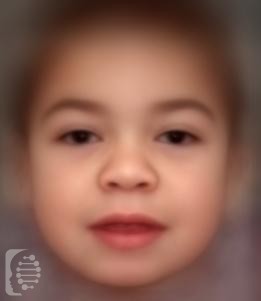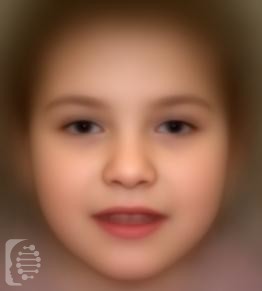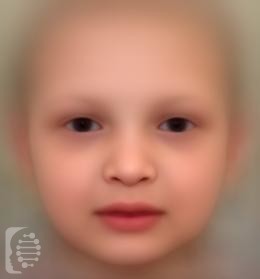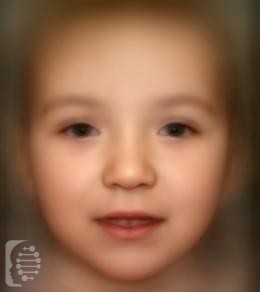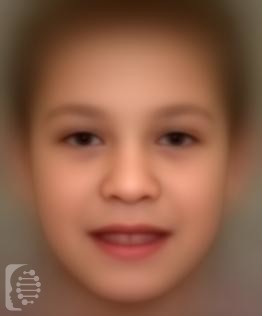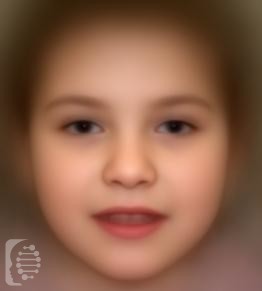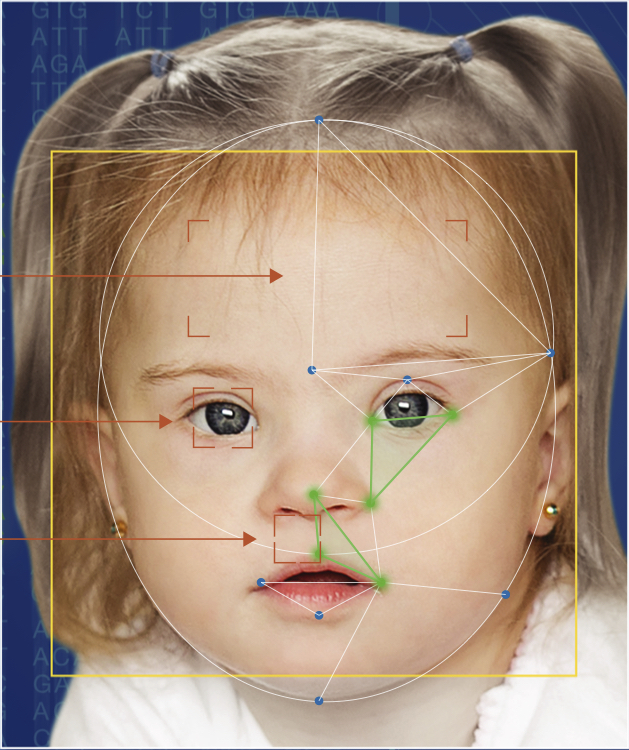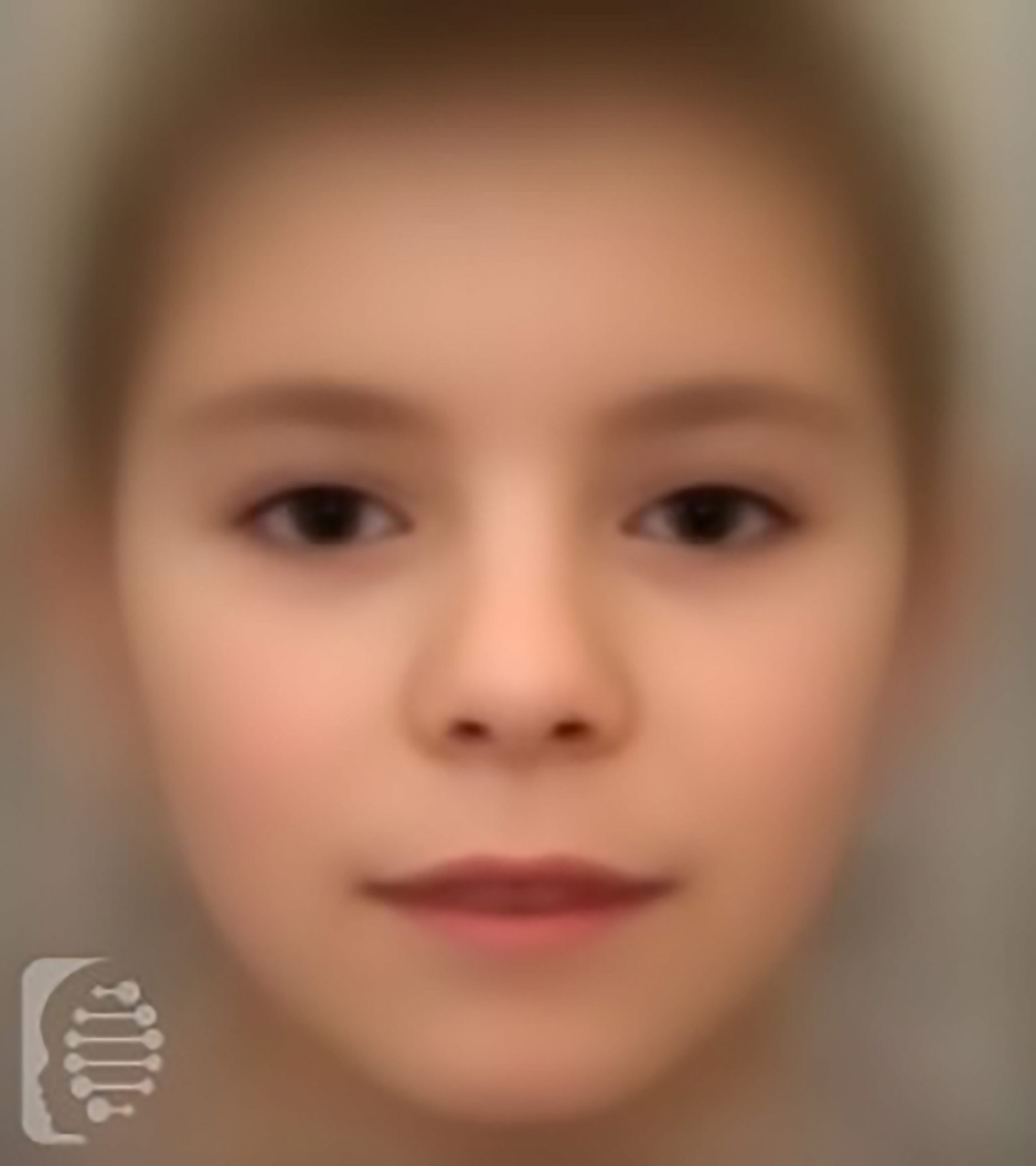Paula and Bobby
Parents of Lillie
Hernia
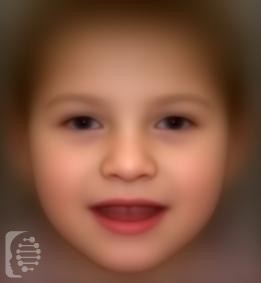
Understanding hernia related symptoms and features
Symptoms may affect multiple parts of the body. Understanding which part of the body a symptom affects, can help us to better understand the potential underlying causes of a symptom, including a rare disease or genetic syndrome.
A hernia occurs when tissue or an organ abnormally exits through the wall of the cavity in which it can be found. There are many different types of hernias, however, they usually involve the abdomen and groin.
Some hernias do not fix themselves and most require surgery. While not life-threatening in themselves, if left untreated they may eventually cause a more serious potential condition or emergency.
What is a Hernia?
A hernia is when an internal body organ pushes through the muscle or tissue that holds it in place. The majority of hernias are abdominal, occurring between the chest and hips. But hernias can also occur in the groin and upper thigh.
Common types of hernia include: Inguinal, Femoral, Umbilical, Incisional, Epigastric, Hiatal.
The first sign of a hernia is usually a bulge in the skin around the affected area. Most hernias do not require immediate medical attention, but surgery is often the long term treatment solution.
What should I do next?
In some instances, a hernia may be one of the features of a rare disease or genetic syndrome. In this case, fast, targeted genetic analysis can give you a more accurate diagnosis.
Synonyms:
Hernia
HPO:
Optional syndromes:
More than 250,000 patients successfully analyzed. Clarify any concerns you may have and get tested online today.
Start Here!
Synonyms:
Hernia
HPO:
Optional syndromes:
FDNA™ Health can help you with the diagnostic journey.
Learn about child developmental delays: Causes, Symptoms, and Therapies.
Don't wait years for a diagnosis. Act now and save valuable time.
Explore the most detected symptoms in our system (numbers are global and based on the data from 120 countries):
What is FDNA Health?
With the largest global database and a leading decision-support tool using AI, FDNA™ Health enables patients and their families to better understand symptoms and conditions with the goal of shortening the time to diagnosis.
Benefits of FDNA Health
Save valuable time by
learning about possible conditions
and report to your clinician
Advanced AI technology
and leading worldwide clinicians
shortening time to diagnosis
Looking for answers?
Worried about child development?
We are here to help you!


